Letter to the next Prime Minister
The letter below sets out our key asks for the next government.
by Helen J Williams
Early mathematics is essential for children’s full development, it is also predictive of later, wider achievement. Early mathematical learning is critical in sparking interest in STEAM subjects, as long as we approach EYFS mathematics in a way that is engaging for us all – adults and children alike. Too many of us tell stories of unpleasant school mathematics experiences. We can change this, and we must.
Play is intrinsically motivating. It is memorable and mindful. We can use play to make EYFS mathematics much more in touch with the children we work with, creating a space where we can build on their prior understandings and experiences. This includes:
Observing what children say and do, interacting only sensitively and then researching the background on this area of maths to decide what we might do next is one important part of being mathematically playful. We need to stay connected to our learners and their interests to promote engagement and confidence in mathematics: What are they interested in doing right now? How can I link some maths into that?
These two sites are helpful in supporting practitioners in understanding the underlying mathematical development: Learning Trajectories and Birth to 5 Matters
Being more playful with the mathematical activities we plan means allowing time for exploration before we teach: What do you notice? What can we find out? This allows children plenty of space to ‘own’ the new ideas we introduce. One important question is whether I am ensuring that the statutory Characteristics of Effective Teaching and Learning are part of my mathematics provision:
This only happens if I plan for these to be part of what I am providing and what I am saying and doing mathematically. For example: using continuous provision for exploring mathematical ideas and resources and making sure I include regular opportunities for children to reflect on how they tackled an activity such as sharing out a huge pile of pinecones or building a tall tower, as well as having time for another attempt.
Considering the role of the adult is essential in mathematical play. One recent meta-analysis of research (Skene et al 2022) points to what the authors term ‘guided play’ – the intersection of play and guidance – as a powerful vehicle for early mathematical learning. They identify three fundamental characteristics of effective guided play:
For more guidance on supporting early mathematics, it is worth exploring these two websites: Early Maths and The Erikson Institute
Dr Helen J Williams is an independent educational consultant specialising in the learning and teaching of primary mathematics. Helen’s book “Playful Mathematics for Children 3 to 7”, published in March 2022 explores these ideas further. Helen also regularly delivers early mathematics CPD training courses on the subject on behalf of Early Education.
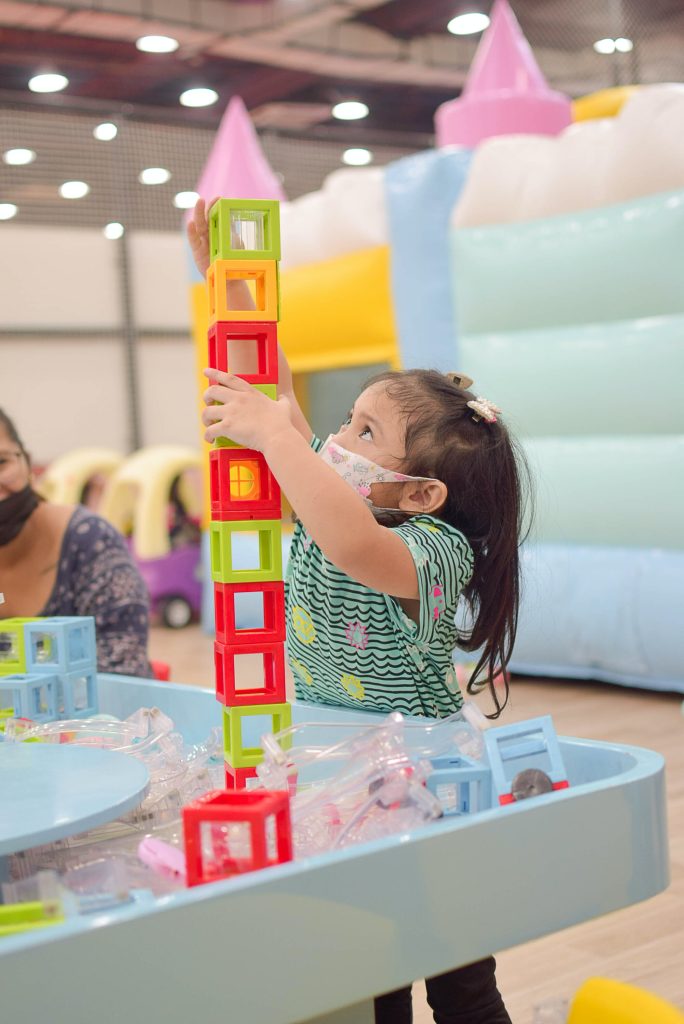
The letter below sets out our key asks for the next government.
Clare Devlin, Early Education Associate What aspects of physical development should we focus on within the Early Years Foundation Stage (EYFS) and other early years
By Debi Keyte-Hartland, Early Education Associate This article is based on one included in the Early Education Journal no 100. To access the full article
by Anni McTavish What are treasure baskets? “Treasure Baskets” are a collection of ordinary household objects, that are chosen to offer variety and fascination for
by Debi Keyte- Hartland The term “Loose Parts” was coined by Simon Nicholson, a British architect and designer whose parents were artists Barbara Hepworth and
by Kathryn Solly The benefits of outdoor learning in the early years have now been firmly recognised for both educators and young children’s learning and
What is continuous provision in EYFS? By Ben White Continuous provision in EYFS refers to the resources and learning opportunities accessible to children all of
The Families’ Access to Nature Project was undertaken by the Froebel Trust and Early Education between October 2021 and January 2022. Children, their parents, and
by Leslie Patterson At the very beginning of the 1970s I was lucky enough to attend a playschool, at a time when there was very
Guest blog by Sara Knight Why are opportunities for risk and adventure essential for normal development in the early years? Tim Gill (2007) identifies four
Guest blog from Dr Elizabeth Byrne, University of Cambridge Most educators will be aware that “what works” in support of children’s learning and development is
ICT – what’s it all about? ICT is information and communications technology. The term simply means all the technology around us, things like mobile phones,
Children’s curiosity about the world around them is apparent from the day they are born. Babies quickly use all their senses to explore themselves and
It’s true, maths really is everywhere, and learning about it doesn’t happen just at school or nursery. Young children have lots of important mathematical experiences
Why go outside? Big movers Have you ever been in an open space with young children? The first thing they want to do is to
Taking care of a baby is tiring work, with a lot of feeding, nappies and broken nights. When you are exhausted, it can be harder
Teaching maths in early years What does maths in the early years look like and what does it mean to teach it? Cathy Gunning explores
Here are some links to resources to support your play. Loose parts play tookit is such a rich and comprehensive free publication from Inspiring Scotland to
When writing our January Early Years Teaching News, I tweeted a survey to ask if practitioners and leaders would like information about ICT or outside
Updated Jan 2019 Using ICT in early childhood education Analysis: computers benefit children (October 2010) by John Siraj-Blatchford in Nursery World Technology in early childhood education:
This content by Jan White comes from our out of print leaflet “The Sky is the Limit: Babies and Toddlers Outdoors: developing thinking, provision and practice”
Healthy settling for high wellbeing How can we best help children feel at ease so that they are secure and settled in their new provision?
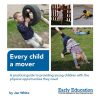



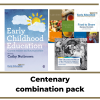
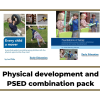
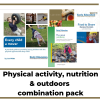
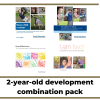
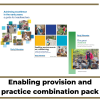
Early Education
2 Victoria Square
St Albans
AL1 3TF
T: 01727 884925
E: office@early-education.org.uk